Controlling the Illusion of Control
The #IllusionOfControlConference invited to deal with "the phenomenon that human beings want to be in control. In fact many people, companies or government believe that they are in control. But they are not."
My curiosity was not triggered by the issue itself — I have been dealing with it daily since I started to work as a #ChangePractitioner in 1989 — but by the fact that the conveners were hard-core scientific research institutions, among them the Stockholm Resilience Centre, an institution I worked with for more than a decade.
During that time I learned enormously from their work studying specific #ComplexSystems, and was marvelled by the intensity and depth of the commitment to the #ScientificMethod. But I was often driven to desperation by their recurring control question: "What is the data that confirms your hypothesis?".
My answer was always some variation of this:
my role as a Change Practitioner is not to gather data to prove or disprove any hypothesis about the #System I am working on, but to influence by lost in the #Field I am to work in without losing sight of the horizon; by responding to what happens in each situation without forgetting my own intention; by intervening without having perspective over the whole; by exposing myself to be changed by the very system I intend to influence; by doing my thing and get out of the way; ... by constantly checking my own illusion of being in control.
This tension between scientists and practitioners made in the long run impossible for them to continue hiring my services, so my last assignment there was 2013.
Forward to now. I registered for the conference hoping that some kind of approach was possible connecting with scientists that shared their thoughts and experiences on the illusion of control.
I remember specially some presentations of brilliant research and for me novel approaches to the illusion of control: (sorry you all if I misunderstood):
- Liesbeth Felkema on the illusion that western anti-corruption laws are applicable elsewhere;
- Atsushi Iriki on the evolutionary and neurobiological roots of the illusion of control,
- Brian Arthur on the illusion in economy that it is possible to gain control by optimising value chains, but how they become brittle due to their lack of redundancy;
- Terry Sejnowski on ChatGPT and the Illusion of Intelligence;
- Daniel Brooks on the avoidance of conflict as a driver for evolution, and how having nowhere to flee to, means stagnation and death;
- Helga Nowotny on how AI is the current step in the long evolution to enhance human capability to control by externalising agency to technology, and the illusion of control inherent to predictive algorithms;
Despite the novelty and brilliance of the research presented and everything I learned, I left that conference with the sense that it was more of the same:
when scientists discover the illusion of control, they try to control the illusion.
My curiosity was not triggered by the issue itself — I have been dealing with it daily since I started to work as a #ChangePractitioner in 1989 — but by the fact that the conveners were hard-core scientific research institutions, among them the Stockholm Resilience Centre, an institution I worked with for more than a decade.
During that time I learned enormously from their work studying specific #ComplexSystems, and was marvelled by the intensity and depth of the commitment to the #ScientificMethod. But I was often driven to desperation by their recurring control question: "What is the data that confirms your hypothesis?".
My answer was always some variation of this:
my role as a Change Practitioner is not to gather data to prove or disprove any hypothesis about the #System I am working on, but to influence by lost in the #Field I am to work in without losing sight of the horizon; by responding to what happens in each situation without forgetting my own intention; by intervening without having perspective over the whole; by exposing myself to be changed by the very system I intend to influence; by doing my thing and get out of the way; ... by constantly checking my own illusion of being in control.
This tension between scientists and practitioners made in the long run impossible for them to continue hiring my services, so my last assignment there was 2013.
Forward to now. I registered for the conference hoping that some kind of approach was possible connecting with scientists that shared their thoughts and experiences on the illusion of control.
I remember specially some presentations of brilliant research and for me novel approaches to the illusion of control: (sorry you all if I misunderstood):
- Liesbeth Felkema on the illusion that western anti-corruption laws are applicable elsewhere;
- Atsushi Iriki on the evolutionary and neurobiological roots of the illusion of control,
- Brian Arthur on the illusion in economy that it is possible to gain control by optimising value chains, but how they become brittle due to their lack of redundancy;
- Terry Sejnowski on ChatGPT and the Illusion of Intelligence;
- Daniel Brooks on the avoidance of conflict as a driver for evolution, and how having nowhere to flee to, means stagnation and death;
- Helga Nowotny on how AI is the current step in the long evolution to enhance human capability to control by externalising agency to technology, and the illusion of control inherent to predictive algorithms;
Despite the novelty and brilliance of the research presented and everything I learned, I left that conference with the sense that it was more of the same:
when scientists discover the illusion of control, they try to control the illusion.

